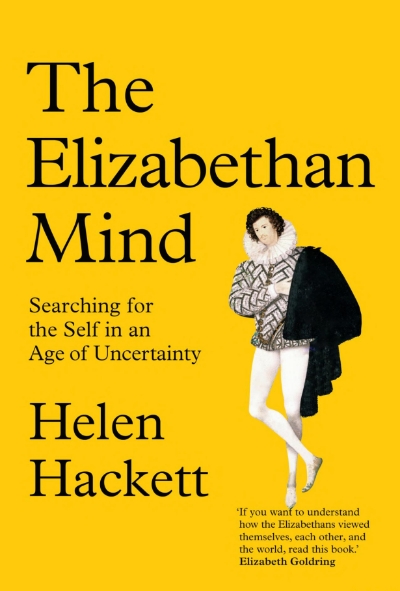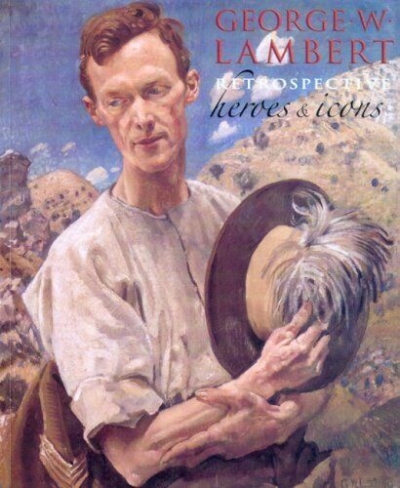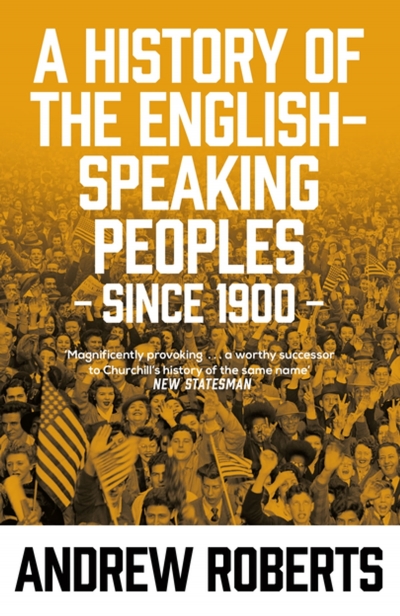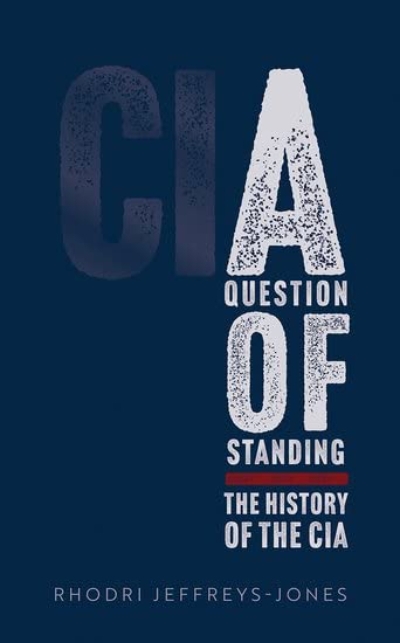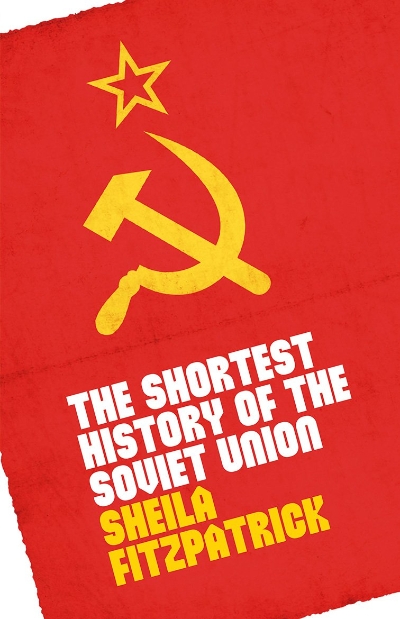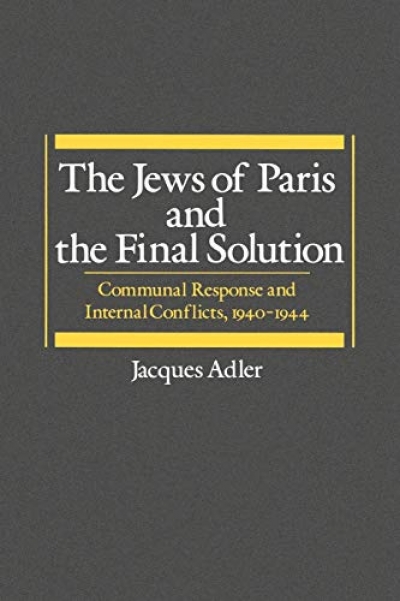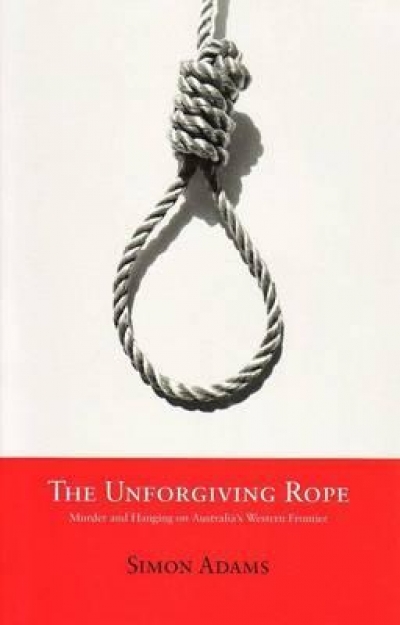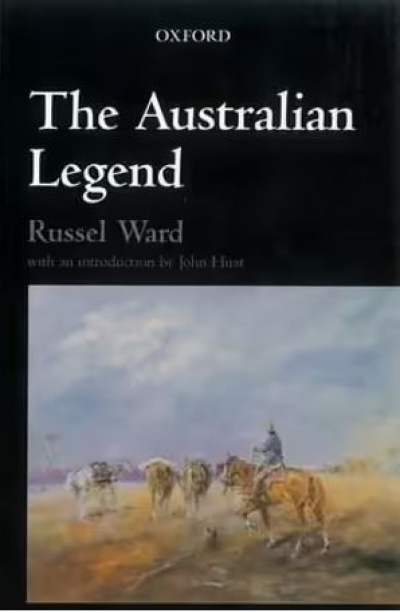History
The Elizabethan Mind: Searching for the self in an age of uncertainty by Helen Hackett
The Elizabethan Mind attempts nothing less than a comprehensive summary – within the limits of existing scholarship – of the literary, philosophical, theological, religious, scientific, political, social, emotional, and cosmic contexts for understanding the nature of the mind in the age of Elizabethan England. Insofar as is possible for a cultural history of this kind, the book succeeds. It is an impressive achievement. The prose is not only lucid, but at times positively breezy. And yet, within the confines of its particular approach, The Elizabethan Mind does not betray the complexity of its subject in achieving this lucidity.
... (read more)Algeria, June 1835. General Camille Alphonse Trézel’s expedition to pacify the western tribes had failed. Under the leadership of Emir Abdel Kader, Commander of the Faithful, the Algerians had bloodied the French invaders badly. Outnumbered and compelled to withdraw to the port of Arzew to resupply, Trézel’s column fought desperate rearguard actions for three days and nights. On the fourth day, the Algerian cavalrymen outflanked the exhausted French and were waiting in ambush on the edges of the Macta marshes.
... (read more)George W. Lambert Retrospective: Heroes & icons by Anne Gray
When George Lambert returned to Sydney in 1921, he was celebrated as the most successful Australian painter of his time. With his cosmopolitan charm and forceful personality, he was in demand both socially and as a leader in contemporary art circles. For the previous two decades in London, he had exhibited regularly at the Royal Academy and the Chelsea Arts Club, rubbing shoulders with prominent British artists including William Orpen, Augustus John and William Nicholson, whose linear style and subject matter were not dissimilar to his own.
... (read more)A History of the English-Speaking Peoples Since 1900 by Andrew Roberts
It is such an obvious subject for a book. The two most powerful peoples in the world in the past thousand years have been the Chinese-speaking and the English-speaking peoples, and in the past hundred years those speaking English have been the more influential. While Winston Churchill wrote four volumes, which were bestsellers in their time, on the history of the English-speaking peoples up to the year 1901, I know of no other book which has surveyed this century of their greatest power.
... (read more)A Question of Standing: The history of the CIA by Rhodri Jeffreys-Jones
I was once subjected to a lecture by a Dublin taxi driver ‘on the extensive inequities of the Central Intelligence Agency’. Its every atrocity, in Southeast Asia, Latin America, and the Middle East, was relayed to me. It was an object lesson in the popular contempt in which the CIA has been held since its founding in the 1940s.
... (read more)The Shortest History of the Soviet Union by Sheila Fitzpatrick & Collapse by Vladislav M. Zubok
In these relentless times, thirty years ago might be prehistory; events now appear to move so breathlessly that the ‘world-changing’ and ‘historic’ occur with terrible regularity. The flip side of this relentlessness and hyperbole is that wars, floods, financial disasters, coups, and political murders are just as quickly forgotten. As we enter a global recession brought on by the twin pincers of the Russian invasion of Ukraine and the lingering Covid-19 pandemic, it is easy to forget two other events still shaping our world: the global financial crisis of fifteen years ago, never fully overcome, and the 2001 attacks on the World Trade Center and the Pentagon.
... (read more)The Jews of Paris and the Final Solution: Communal Response and Internal Conflicts, 1940-1944 by Jacques Adler
In the twentieth century, the Jewish experience has been dominated by two extraordinary (and related) events: the Nazi holocaust and the establishment of a Jewish state in Israel. It is natural that they should be reflected in Jewish historiography, and especially in the large number of books, articles, and theses concerned with the impact of the Holocaust on Jewish communities around the world. In Europe, especially, where almost every national Jewish community was destroyed, historians (many of them survivors of the events they describe) have been struggling to come to terms with the way these things happened.
... (read more)The Unforgiving Rope: Murder and hanging on Australia's western frontier by Simon Adams
Simon Adams’s thesis is that capital punishment was crucial in how the West was won: ‘The gallows were a potent symbol of an unforgiving social order that was determined to stamp its moral authority over one-third of the Australian continent.’ But hanging was discriminatory; it ‘was never applied fairly or impartially in Western Australia’. Adams points to the fact that ‘there were 17 men hanged between 1889 and 1904, all of whom were “foreigners”: two Afghans, six Chinese, one Malay, two Indians, one Greek, one Frenchman and four Manilamen’, but not a single ‘Britisher’. Capital punishment was racist, reflecting the ‘distortions and prejudices of the British colonial legal system’.
... (read more)For a reform politician, these three books should be compulsory reading. They are not, for such a reader, heartening. But they do ‘serve in many respects to discover, to confute, to forewarn, and to illustrate’.
Brian Dale’s Ascent to Power, very much less than fair to Neville Wran, is an unintended expose of the nature of political journalism in this country and its practitioners.
... (read more)I am writing this review in a cafe in the main street of Gympie, a town founded on gold discoveries in 1867. It is 200 kilometres north of Brisbane and seventy kilometres from the coast. Frontier types abound in a town population of 11,000 and in farming communities around. Rough, craggy, sunburnt faces, wizened facial muscles, arms creased by years of hard work and a determined walk. In their everyday habits they exhibit loyalty to friends, a capacity to improvise and a contempt for blacks. And these are the women.
As our feminist historians have pointed out, there are few women in Russel Ward’s The Australian Legend, first published in 1958. Indeed in the index there are only a handful of entries: ‘on goldfields’, ‘prostitution’ or and ‘shortage of, in bush’, the last being the longest entry.
... (read more)

